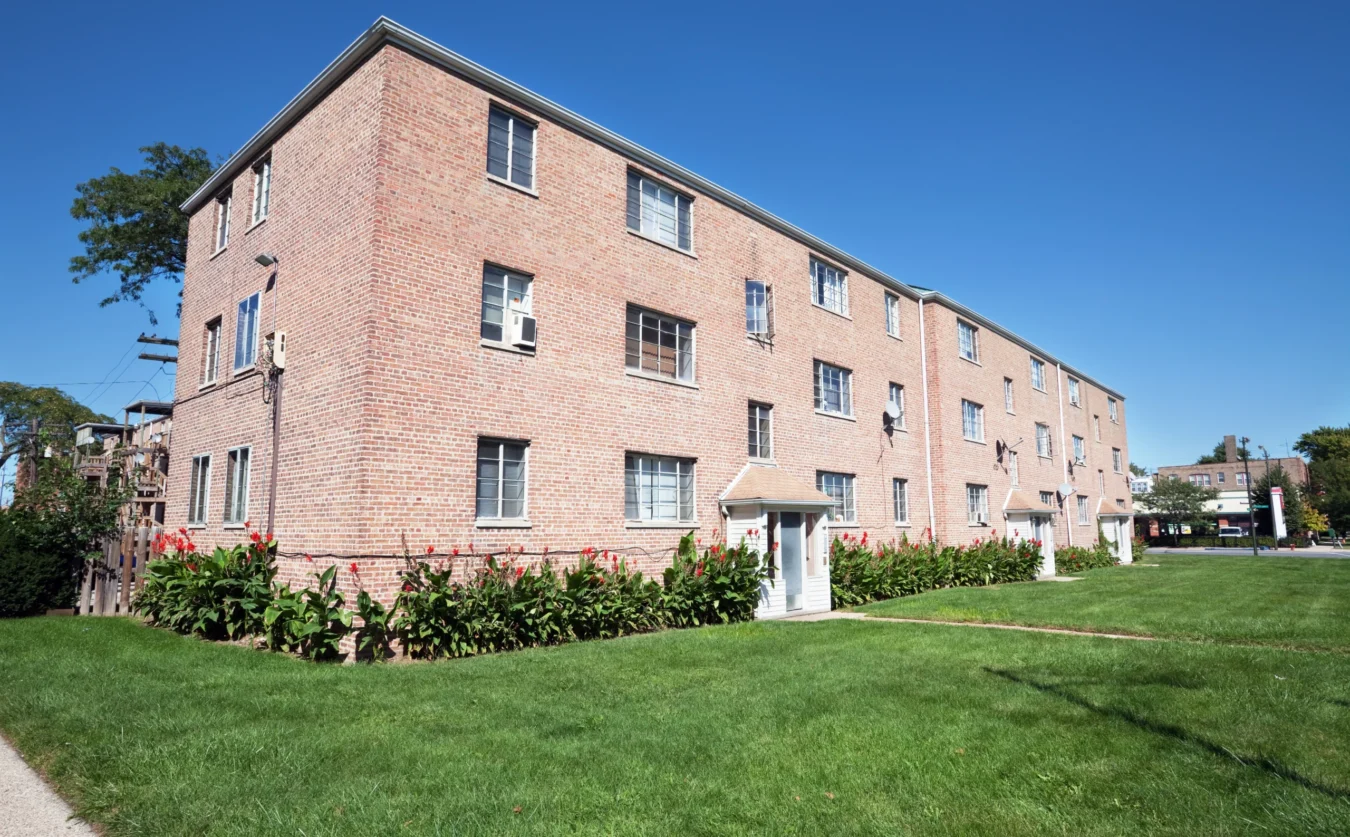
August 21, 2024
Crime-free nuisance ordinances (CFNOs) are municipal laws and policies that single out properties where alleged nuisance occurs. These activities can be noise disturbances or emergency service calls. CFNOs hold tenants responsible through fines and evictions, among other penalties. If a crime is being committed, the landlord is obligated to evict the tenant, or risk being fined or losing their rental property license.
The problem, in practice, is the far too broad nature of the ordinance language. It classifies any law enforcement or emergency contact as nuisance behavior. Tenants can be evicted for calls they have made to the police or emergency services, or if they are the victim of a crime at the property. This puts at risk domestic violence victims and people with disabilities, who often seek emergency services and police assistance.
Municipalities also use these ordinances to directly and indirectly encourage landlords to deny housing to people who have encountered the criminal legal system. For example, if the police are called because of domestic violence, a strict liability standard is held. That means all tenants in the home — even the victim — are threatened with eviction.
Although the Violence Against Women Act protects survivors and other people calling the police or emergency services for help, municipalities continue to enforce CFNOs. Systemic barriers lead to a higher impact on some communities. Research shows that over 40% of Black people will experience domestic violence in their lifetimes, resulting in these communities disproportionately harmed and rendered homeless by CFNOs. Distrust in government from decades of discrimination and abuse causes added challenges in getting support.
Because today’s laws, policies, and institutions are rife with racial and sexist biases, ordinances that municipalities claim are about community safety can be used as a racist dog whistle rooted in white supremacy. There is a long history of race restrictive covenants, which are clauses added to property deeds prohibiting the use or sale of property to non-white tenants. These covenants were widely used until the Fair Housing Act of 1968 outlawed them, although their legacy continues in more subtle ways.
“Everything we’re fighting against was put in place to keep people mired in poverty,” said LaTanya Jackson Wilson, vice president of advocacy at the Shriver Center. “It used to be legal to enforce race restrictive covenants, limiting access to housing for Black individuals and families. When those covenants became illegal, so-called neutral practices like CFNOs were created.”
Illinois has 223 home rule municipalities, and at least 145 of them have enacted CFNOs. This systemic issue needs to be changed on multiple fronts to be effective, and the false narrative that a criminal record makes someone a poor tenant only makes the situation worse.
Abolishing crime-free nuisance ordinances will end these inequitable practices. That’s why the Shriver Center on Poverty Law serves in a coalition dedicated to passing the Community Safety Through Stable Homes Act. The coalition will move forward on the act during the next Illinois legislative session in January 2025. This law will ensure protection from unfair discrimination and keep families in their homes.
Although this is tough legislation to pass through government, we must be vigilant in the fight to help our most vulnerable populations. Creating lasting change requires a group of committed partners working within the community. Only an evolution in rethinking community safety and housing stability will achieve racial and economic justice for all.
People have the right to safe, affordable, healthy housing in the neighborhood or community of their choice. We advocate to remove the barriers limiting people’s ability to make those choices and address the legacy of racism that is still embedded in our country’s housing policies.
All people should have the right to a safe, stable home to build better futures for themselves and their families.
Shelter is not only a basic human need, it is also critical to people’s ability to pursue and attain economic stability.